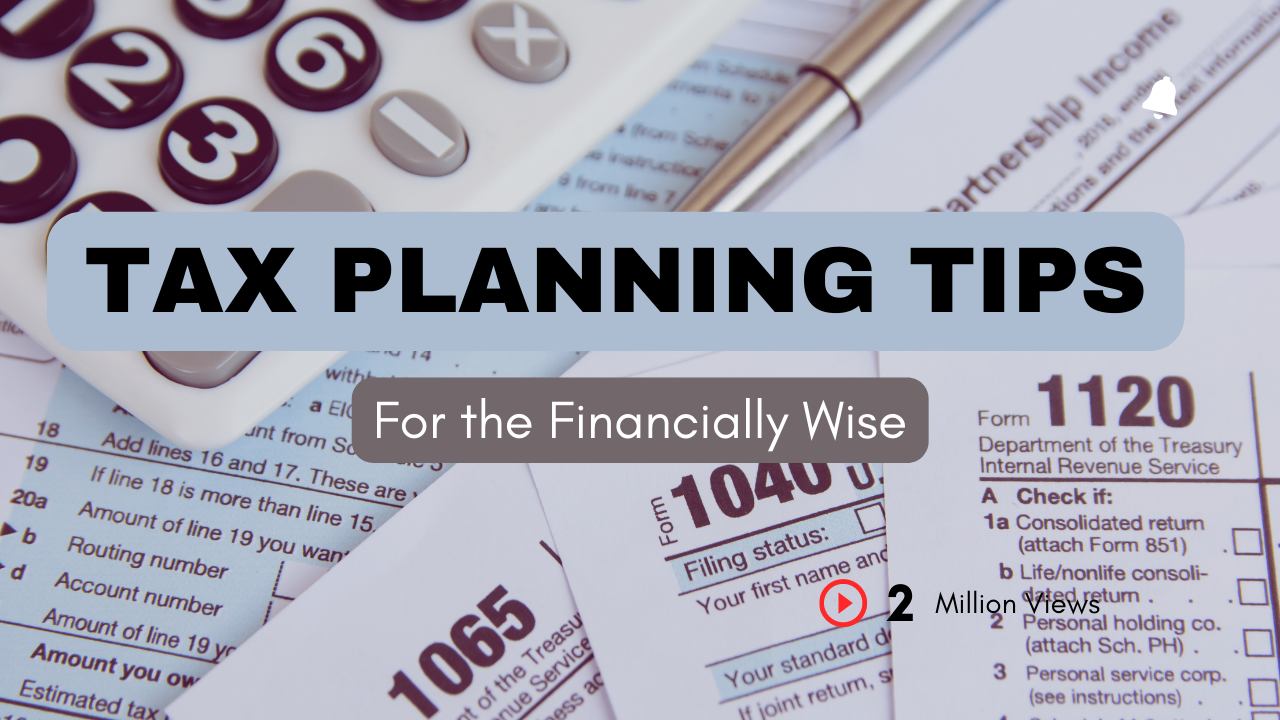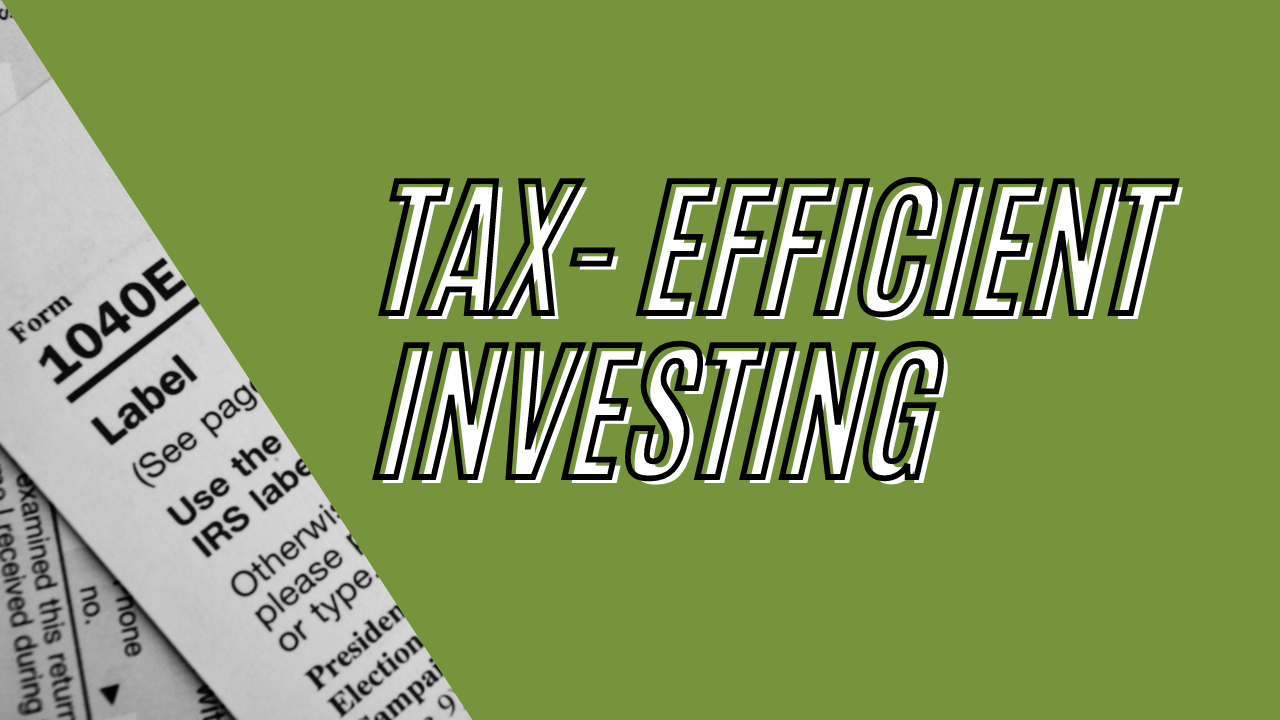Refinancing & Home Equity Loans: Tax Considerations
- Blog
- Refinancing & Home Equity Loans: Tax Considerations

Refinancing & Home Equity Loans: Tax Considerations
- By CWG Advisors
- April 12, 2022
- 0
What are the tax considerations associated with refinancing and home equity loans?
Generally, interest paid on loans to acquire an existing home or to construct a new home is tax-deductible, with certain limitations. In addition, interest paid on refinanced mortgages is deductible (also subject to certain limitations). From 2018 to 2025, the deduction for home mortgage interest is not available for home equity loans and lines of credit, unless they are used to buy, build, or substantially improve the taxpayer's home that secures the loan.
If you refinance the current principal balance owed on a mortgage secured by your primary or secondary residence (a no-cash-out refinance), interest on the refinanced loan will be deductible to the same extent as was the interest on the old loan. If, however, the refinanced loan is for more than you owed on the old loan (a cash-out refinance), deductibility of interest on the amount of the loan that exceeds the principal balance of the old loan is determined as follows:
- If you use the excess amount to buy, build, or substantially improve your first or second residence, the excess amount is treated as home acquisition indebtedness. It is therefore subject to the rules and limitations that apply to such debt (i.e., for debt incurred before December 16, 2017, interest paid on mortgages of up to $1 million ($500,000 if you're married and filing separately) is deductible; for debt incurred after December 15, 2017, interest paid on mortgages of up to $750,000 ($375,000 if you're married and filing separately) is deductible).
- If the excess is used for any other purpose, it is considered home equity debt and is subject to the rules and limitations applying to such debt (i.e., interest on up to $100,000 — or $50,000 if you're married and filing separately — was deductible prior to 2018). Lower limitations may apply in certain circumstances. For 2018 to 2025, the deduction for home mortgage interest is not available for home equity loans and lines of credit, unless they are used to buy, build, or substantially improve the taxpayer's home that secures the loan.
Here, the former amount is treated as home acquisition debt, and the latter amount is treated as home equity debt. From 2018 to 2025, the deduction for home mortgage interest is not available for home equity loans and lines of credit, unless they are used to buy, build, or substantially improve the taxpayer's home that secures the loan.
Example(s): Suppose you took a mortgage of $150,000 to purchase a home costing $200,000. Eight years later, when your home's fair market value is $250,000 and you owe $135,000 on the original loan, you take a cash-out refinance mortgage of $190,000 on your home. (Assume you are married, file jointly, and have no other mortgages on the home.)
Example(s): All of the interest on the first $135,000 of the new loan is considered remaining home acquisition debt and is fully deductible (because it does not exceed the $1 million limitation).
Example(s): Of the $55,000 excess ($190,000 borrowed minus $135,000 owed), you use $30,000 to add a bathroom to your home and $25,000 to pay off bills and buy a car. The $30,000 will be considered home acquisition debt, and interest on it will be fully deductible since you're still within the $1 million limitation. The $25,000 will be considered home equity debt and is not deductible.
Special rules for pre-October 14, 1987, refinance mortgages
If you refinanced a loan on your primary or secondary residence before October 14, 1987, it will be subject to neither the $1 million/$500,000 home acquisition debt limit nor the $100,000/$50,000 home equity debt limit, as long as the amount borrowed does not exceed the remaining principal balance on the old loan (i.e., as long as it was a no cash-out refinance). However, from 2018 to 2025, the deduction for home mortgage interest is not available for home equity loans and lines of credit, unless they are used to buy, build, or substantially improve the taxpayer's home that secures the loan.
Caution: If however, the loan you took was a cash-out refinance, then the excess borrowed will be subject to the home acquisition and home equity debt limitations.
The Housing and Economic Recovery Act of 2008
The Housing and Economic Recovery Act of 2008 included the HOPE for Homeowners Act of 2008 (the Act). The Act created a temporary refinance program within the FHA for homebuyers at risk of foreclosure. Lenders can write down qualified mortgages to 85 percent of the current appraised value and qualified borrowers can get a new 30-year fixed mortgage at 90 percent of the home's appraised value.
The loan limit for this program is $550,440 nationwide, and the program is effective on October 1, 2008, and expires on September 30, 2011.
Be aware, however, that lenders are not required to participate in this program; they may volunteer to forgive loan balances down to 85 percent of current market value. Further, the borrower must share the newly-created equity and future appreciation equally with FHA. This obligation will continue until the borrower sells the home or refinances the FHA-insured mortgage. Moreover, the homeowner’s access to the newly-created equity will be phased-in over five years.
The equity share phase-in schedule is as follows:
- If the home is sold within one year, the lender receives 90 percent of the appreciation and the homeowner receives 10 percent
- If the home is sold within two years, the lender receives 80 percent of the appreciation and the homeowner receives 20 percent
- If the home is sold within three years, the lender receives 70 percent of the appreciation and the homeowner receives 30 percent
- If the home is sold within four years, the lender receives 60 percent of the appreciation and the homeowner receives 40 percent
- If the home is sold after five years, the lender receives 50 percent of the appreciation and the homeowner receives 50 percent
Disclosures
The opinions voiced in this material are for general information only and are not intended to provide specific advice or recommendations for any individual. To determine which investment(s) may be appropriate for you, consult your financial advisor prior to investing. All performance referenced is historical and is no guarantee of future results. All indices are unmanaged and cannot be invested into directly.
The information provided is not intended to be a substitute for specific individualized tax planning or legal advice. We suggest that you consult with a qualified tax or legal advisor.
Investment advisory services offered through Cornerstone Wealth Group, LLC dba Cornerstone Wealth, an SEC registered investment adviser.
Tax Planning Tips for the Financially Wise
Tax-Efficient Investing: Strategies for Minimizing Tax Implications
4 Tips for Gaining Financial Independence
Contact Info
- Phone:704-987-3410
- Email: info@cwgadvisors.com
Web: cwgadvisors.com









